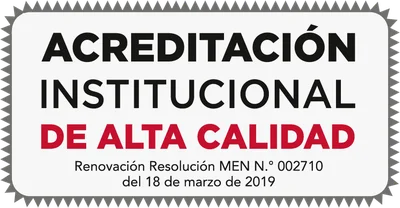Seeking Chances [electronic resource]: From Biased Rationality to Distributed Cognition / by Emanuele Bardone.
Tipo de material: TextoSeries Cognitive Systems Monographs; -13Descripción: XX, 172 p. online resourceISBN: 9783642196331 99783642196331Tema(s): Engineering
TextoSeries Cognitive Systems Monographs; -13Descripción: XX, 172 p. online resourceISBN: 9783642196331 99783642196331Tema(s): Engineering| Tipo de ítem | Ubicación actual | Colección | Signatura | Info Vol | Copia número | Estado | Fecha de vencimiento | Código de barras | Reserva de ítems |
|---|---|---|---|---|---|---|---|---|---|
 DOCUMENTOS DIGITALES
DOCUMENTOS DIGITALES
|
Biblioteca Jorge Álvarez Lleras | Digital | 620 223 (Navegar estantería) | Ej. 1 | 1 | Disponible | D000675 |
Fallacies and Cognition: The Rationale of Being Fallacious.- Bounded Rationality as Biased Rationality: Virtues, Vices, and Assumptions -- Moving the Bonds: Distributing Cognition through Cognitive Niche Construction -- Building Cognitive Niches: The Role of Affordances -- The Notion of Docility: The Social Dimension of Distributing Cognition -- Seeking Chances. The Moral Side.
One of the most distinguishing abilities that human beings display is the ability of turning almost everything into a clue to make a problem affordable in relation to what one knows and, most of all, to what one does not know. That is what characterizes humans as chance seekers. A poor pattern of reasoning and even our ignorance may help us make a decision, and eventually solve a problem. This is the rationale of biased rationality. However, not everything leads us always to a good decision. Some people are not satisfied with weak arguments or it-is-just-so strategies. They want something better. This second attitude points to a different form of rationality that takes advantage of the idea of distributed cognition. Basically, human beings improve their survival strategies by building cognitive niches capable of delivering potentially ever more symptomatic information. It is through various manipulations of the environment that we gain new and more reliable chances which can be used to de-bias our rationality. Through the laborious activity of cognitive niche construction, we come up with situations in which we are better afforded by our environment, and thus biases or fallacies cease to be appealing.






No hay comentarios en este titulo.